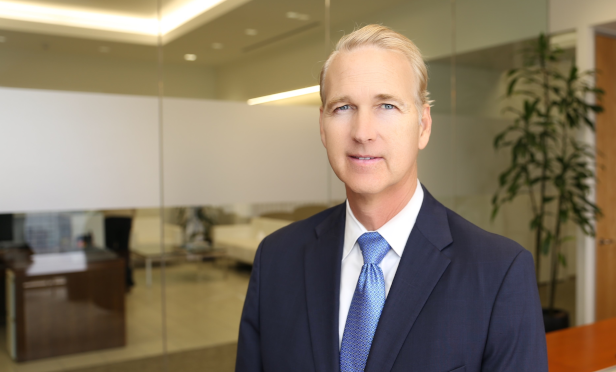Orange County-based Sabal Capital Partners is still open for business during the pandemic. Sabal is not only closing existing loan requests, it is accepting and processing new loan requests in its agency-related lending program—and that is more than a lot of lenders can say. Both traditional and private lenders have stepped to the sidelines during the pandemic, effectively shutting down large swaths of capital market activity. As a private lender, Sabal says that it is able to remain flexible and active despite the market disruption.
"A big portion of our business is agency-related, and the agencies are still lending. Not only are we funding loans that were going through the underwriting process, but we are also accepting new loans that are signing up today," Pat Jackson, CEO and founder of Sabal Capital, tells GlobeSt.com. "If you have a new loan requirement, bring it to us. If it qualifies for our guidelines, we will absolutely fund that loan right now. We are still going to underwrite it and we are still going to be prudent, but the reality is that we are open for business. Being a private company, we have the opportunity to look at the market in a more macro way."
Lenders have largely stepped back due to repurchase risk. Pricing assets today is challenging, and there is total uncertainty about how much prices will drop and when. Sabal is focused on asset and market quality as a way to offset that uncertainty. "The way that we are structured, given that we have a robust investment management business, we understand risk from a real estate point of view. If we did have to take loan back, if the asset is fundamentally a good property, it will get back to strong performance," says Jackson.
This isn't a new ideology for the lender. Sabal has always been conservative and selective. The assets in its current portfolio are good quality and the borrowers generally have strong cash flow and occupancy. "The average loan that we made before this was generally in the 60% LTV range, so lots of equity with strong cash flow coverage and high occupancy," says Jackson. "Those loans inherently have a lot of strength in them."
For borrowers in danger of defaulting, Sabal feels confident taking back the property and holding it through the downturn. "We have a business structure that can own that real estate if we have to. We feel that the loans that we are making were fundamentally strong properties before the coronavirus hit, and we think that it will get back to that at some point in the future."
While Jackson is optimistic, he is also realistic. Workforce housing is going have challenges and rent collection issues in the wake of high unemployment. "It is going to be tough for a while. Our typical multifamily property is workforce housing, and a lot of people will be affected long term," says Jackson. "If it does continue for longer, there will have to be other government programs to help renters pay their rents. It isn't reasonable to ask operators to defer rent collections indefinitely."
© 2025 ALM Global, LLC, All Rights Reserved. Request academic re-use from www.copyright.com. All other uses, submit a request to [email protected]. For more information visit Asset & Logo Licensing.








